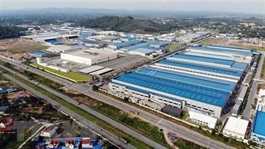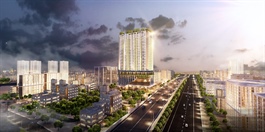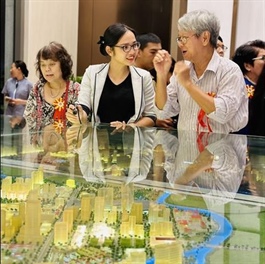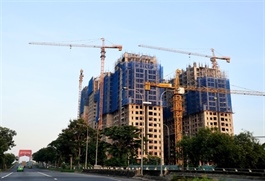Land for tourism development should be of higher priority
Land for tourism development should be of higher priority
Việt Nam's draft Land Law currently does not have a land reserve for tourism development, making life difficult for investors and at times, pressuring them to purchase land at significantly higher prices, said industry experts and policymakers at a tourism property conference Thursday in Hà Nội.
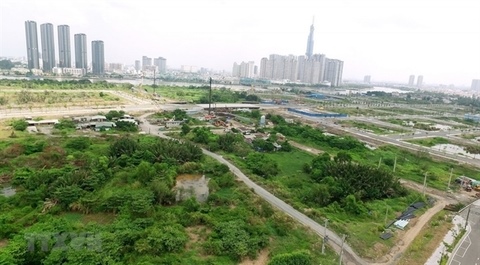
A reclaimed land plot in the southern province of Bình Thuận. — VNA/VNS Photo |
According to Nguyễn Hồng Chung, deputy head of the Hanoi Real Estate Club, as of now, the laws stipulate that land reclamation by the state does not include projects with the goal of developing tourism, entertainment, or combining commercial housing with tourism development, service facilities, entertainment, and recreation.
Meanwhile, from 2015 to 2019, the country's tourism industry experienced rapid growth, with numerous cities and provinces considering it to be among their biggest economic drivers. It has resulted in local authorities reclaiming and awarding plots of land to tourism developers without a clear governing legal framework.
The consequences have started to show since 2019 when legal issues arose in tourism projects across the country. While pending legal reviews, many have been suspended, even to this day.
"In order to unleash the potential of tourism as a key economic driver, it's time the Government provided specific provisions for designated land for tourism development," he said.
He said if localities had identified tourism as a key local economic engine, then tourism projects should be granted their appropriate standing among the socio-economic development priorities.
Property lawyer Nguyễn Văn Định said currently, land reclamation could only be carried out if future projects on such plots of land have some residential function, which was limiting the options for investors and developers.
He urged the Government to allow key tourism projects to reclaim land without having to add residential functions as they often play a vital part in spearheading localities' socio-economic development, at times an entire region of several provinces.
Incorporating said functions could lead to waste as residential units included in tourism projects were often unused to full capacity while diminishing the projects' prestige and comfort level for visitors.
Đỗ Thành Trung, a board member from the Phúc Khang Investment and Construction Joint Stock Company, said current laws and regulations were severely handicapping private investors in securing land.
He said it was often difficult to reach an agreement with all residents on a plot of land, especially for large projects. To make matters worse, some land plots were owned not by residents but by speculative investors, who could exert considerable price pressure on potential investors and developers.







